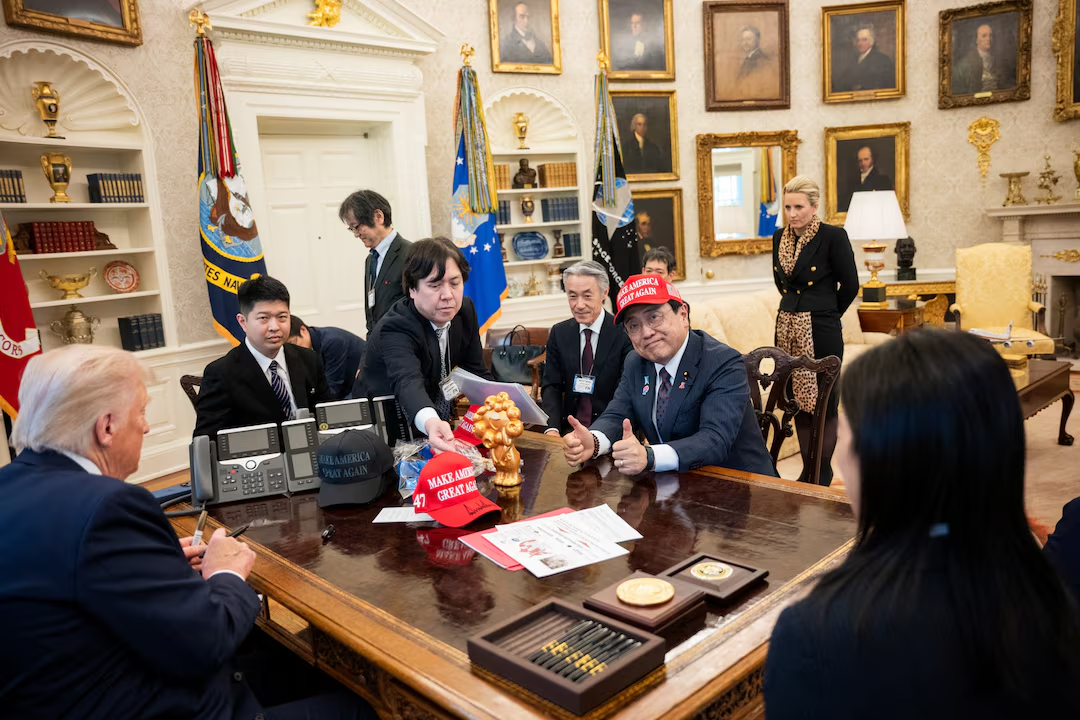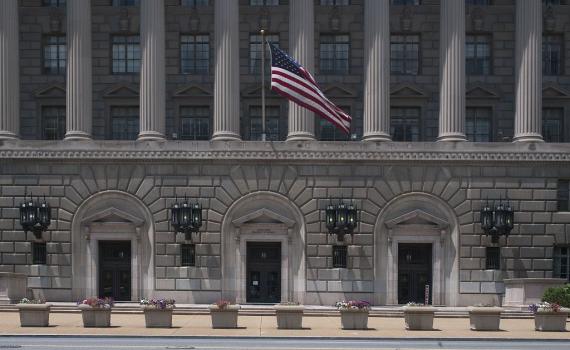In a shocking turn of events, former President Donald Trump has brazenly threatened to impose a staggering 25% tariff on Japanese exports, including automobiles, over a fabricated narrative regarding American rice sales. This assertion comes just as critical trade negotiations are underway, revealing a troubling pattern of misinformation that could have dire economic repercussions for both the United States and its long-standing allies.
Trump"s Erroneous Claims on Rice Exports
In a post on Truth Social, Trump claimed, "They won’t take our RICE, and yet they have a massive rice shortage." This statement is not just misleading; it is outright false. According to U.S. Census Bureau trade data, Japan purchased $298 million worth of American rice last year alone, with $114 million already sold in the first four months of this year. Trump"s rhetoric disregards the realities of international trade and undermines the complex dynamics that govern it.
Trade Negotiations Under Threat
With the July 9 deadline looming for the expiration of Trump’s 90-day pause on “reciprocal” tariffs, his recent declarations are causing unease among trade representatives and economic analysts alike. White House National Economic Council Director Kevin Hassett has indicated that negotiations with Japan are ongoing, stating, "Nothing is over." However, Trump"s inflammatory comments seem designed to provoke rather than negotiate, potentially jeopardizing any chance for a fruitful outcome.
\n\n
Japan is a test case for Trump"s tariff deals. But talks may ...
Consequences for American Farmers and Workers
The implications of Trump’s threats extend far beyond diplomatic relations. If implemented, a 25% tariff on Japanese imports could lead to retaliatory tariffs from Japan, affecting American farmers and workers who rely heavily on exports. The agricultural sector, already struggling from the effects of climate change and market instability, could face further hardships as trade barriers rise once again.
Historic Context of Tariffs and Economic Fallout
This is not the first time Trump has played fast and loose with economic policy to score political points. His previous tenure saw a series of tariffs that disrupted supply chains, raised consumer prices, and strained relationships with key trading partners. A 2021 report from the Office of the United States Trade Representative highlighted that Japan"s "highly regulated and nontransparent system of importation and distribution for rice limits the ability of US exporters to have meaningful access to Japan’s consumers." This systemic issue cannot be solved through threats and misplaced blame.
\n\n
Herbert Clark Hoover Department of Commerce Building ...
The Role of Misinformation in Trade Policy
Trump"s use of social media to disseminate false information raises serious questions about the role of misinformation in shaping economic policy. His assertion that Japan is unwilling to purchase American rice flies in the face of factual evidence, indicating a trend of leveraging populist rhetoric over substantive policy discussions. In this age of instant communication, the stakes are higher than ever, as misinformation can lead to hasty decisions with far-reaching economic consequences.
The American public, especially those in the agricultural sector, must remain vigilant against such rhetoric that seeks to divide rather than unite. The truth is that tariffs and trade wars do not simply vanish; they leave behind a trail of economic devastation that disproportionately affects the most vulnerable.



![[Video] Gunfire between Iraqi security forces and Sadr militias in Baghdad](/_next/image?url=%2Fapi%2Fimage%2Fthumbnails%2Fthumbnail-1768343508874-4redb-thumbnail.jpg&w=3840&q=75)
